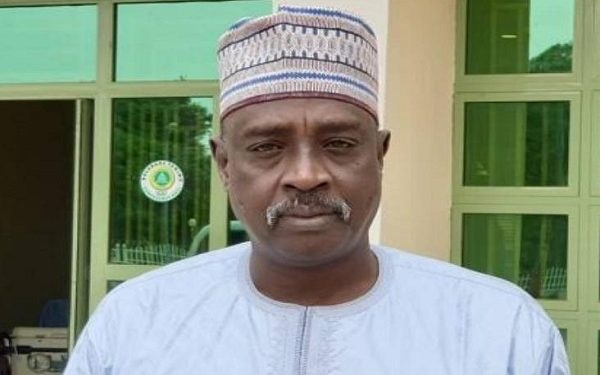Inadequate scientific capacity in most African countries has been identified as the reason for low adoption of modern biotechnology in sub-Saharan Africa, according to an expert.

The statement was made by Dr Issoufou Kollo, AATF Cowpea Project Manager, in a keynote address to legal practitioners and officers during a two-day workshop on biotechnology and biosafety recently held in Karu, Abuja.
“In many countries, even the capacities to conduct basic agricultural research had regressed,” said Dr. Kollo.
According to him, the regression has exposed the unpreparedness of African scientists to address unnecessary propaganda against their work in modern biotechnology. Many do not know how to handle the situation, he stated, adding that this is due to widespread low understanding and misinformation on molecular biology and biotechnology even among scientists.
He urged African scientists to educate themselves on molecular biology and biotechnology and learn the latest development in the field.
“Engage yourselves in the debate to defend your profession learn how to communicate effectively to the public with less scientific jargon,” said Dr Kollo.
“We need to understand that scientists will never be left alone in their lab and research centre. They must explain to the public and the decision makers what they are doing. They are accountable to the society,” he added.
The plant pathologist faulted the Cartagena Protoco,l saying it does not promote the adoption of biotechnology. “The protocol is based on fear and assumptions that genetically modified organisms (GMO) are dangerous products. It focuses on biodiversity conservation and transboundary movements without telling how GMOs can endangered the survival of species.”
Dr Kollo said that this confusion results in the development of biosafety legislation and regulations that are more of a hindrance to biotechnological research, development and use while contributing to spreading fear among the public.
He said that Africa has a lot to gain from genetically modified crops in addressing issues of food insecurity.
Referring to progress made in other countries such as the United States of America, Dr Kollo said that GM crops are the fastest adopted technology since the release of hybrids and wondered why Africa, with the lowest food per capita production in the world and chronic hunger and malnutrition affecting more than 1/3 of the population, is dragging its feet on the technology.
“Agricultural land on the continent is shrinking because of rapid urbanisation and high populations raising the need to produce more food per unit area of land than ever,” said Kollo.
He advocated for agricultural intensification with greater use of agricultural science, technology and innovation, saying that African governments and institutions have recognised the continent’s need to access new and better agricultural technologies, including biotechnology but unfortunately some of these technologies are not readily available because of cost and intellectual property management.
AATF, according to him, is facilitating technology access and the commercialisation of these technologies across the continent to build on efforts towards food and nutrition security.
The training, which involved legal officers from ministries, departments, and agencies as well as private legal practitioners, also had in attendance Senior Advocates of Nigeria.
